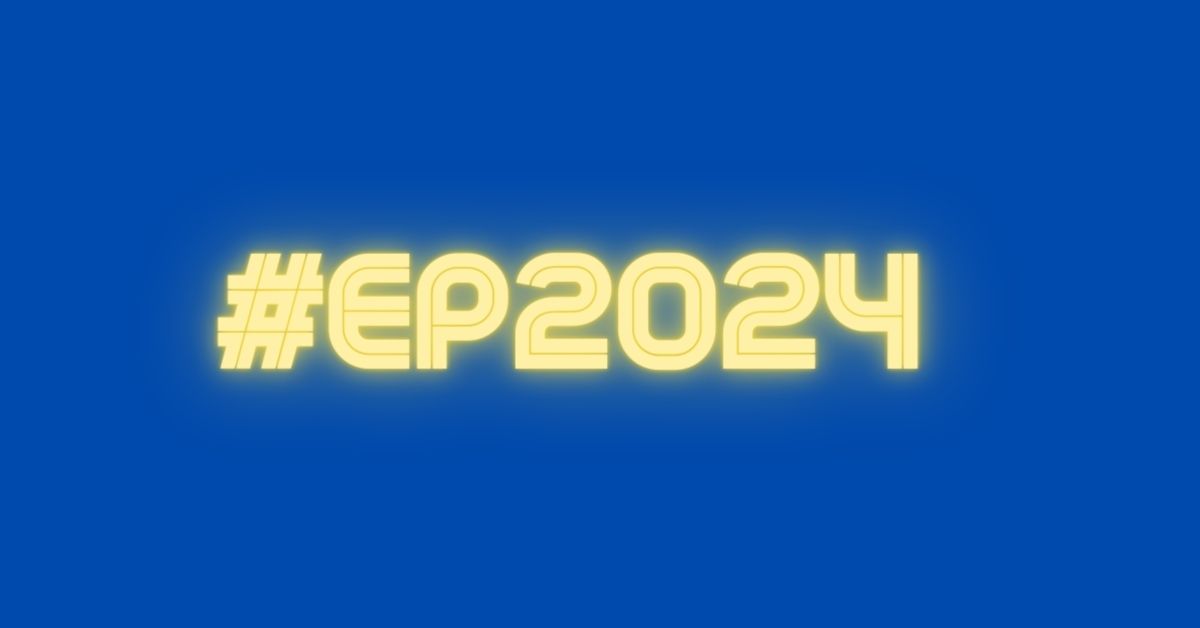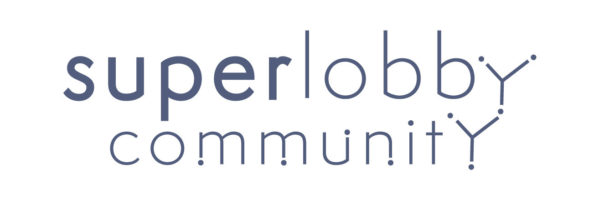
The European Parliament elections are coming up and one of the things that always is a big deal is the party manifestos, or rather influencing them. I have been on both sides helping draft them as well as influencing them. Getting your issues in the party manifestos doesn’t guarantee that it will become later on, however in reverse not having them in the party manifesto, makes it extremely difficult. This kinda works for most elections, however, we will take the European elections as an example.
Timing and process
Timing is of the essence. Every political party has its own internal process of adopting a party manifesto. This is what makes influencing party manifestos so difficult. You need to know different rules and internal procedures while executing different strategies. It is like you are playing simultaneous chess. What counts for most parties across the board is that the entire process starts more or less a year before the elections. Sometimes it is shorter, sometimes it is longer. But remember; you want to take the party with the longest internal procedure as your standard, so if the elections are in May, you better start planning around December the year before. What most of the political parties have in common are the following things
- There is a drafting committee
- The drafting committee has a process to gather the first input
- Usually, there is a possibility to amend the draft manifesto
- The manifesto is adopted at a congress
Drafting committee
Most if not all political parties have a drafting committee or a program committee. These might be permanent in nature or set up specifically for a particular election. It normally also has a president or chief editor. It might also have advisors. My experience is that the people doing the actual drafting expends as more expertise is needed. Your first goal is to make sure you know who is on the drafting committee, what their interest and expertise are and of course what their contacts are. Sometimes it is ok to contact them directly, sometimes a process is set up to gather input.
First input
Most if not all drafting committees will appreciate you reaching out to them with input. This can be in the form of a meeting, but mostly it will be a position paper. Make sure to know what they prefer. Some drafting committees will organize thematic sessions to gather input; for example on mobility, health and education. Make sure you have a seat at the table. Contacting members of the drafting committee directly isn’t always appreciated, but you can bet your behind that this is been done all the time. Especially by people with strong ties with the members.
Reaction and amendments
When the draft manifesto comes out, you will have a limited time to influence this. First, and very basic; write a reaction to the manifesto. Some organizations grade party manifetos and even have scorecards. However, long before the draft manifesto comes out find out what the way is to amend it. Some parties will allow thematic working groups to amend, others will only allow local chapters to amend, and some both. In some cases, you can amend a manifesto with a minimum of members. Make sure you know this for all relevant political parties. When the party manifesto comes out, the clock will start ticking immediately and it would be a pity if you still need to find all these intrinsics. You will need that time to find members of the party in order to put forth amendments. This is way more tricky than amending legislation in parliaments. For better or worse, parliaments have a tradition of having outsiders meddle in their decision-making process. Parties however do have a limit to their tolerance of outsiders meddling with party affairs. However, if you find someone equally passionate about your cause as you are then it becomes much easier. Help develop alliances and for informal groupings in order to have enough votes for the amendment to get proposed and ultimately adopted.
Party conferences
Manifestos get adopted during party manifestos. Usually, amendments are also put forth during party conferences. I know NGOs also stand in front of conference venues with pickets pleading to support specific amendments. For example, the Dutch Bicycle Association has picketed in favour of more bike-friendly amendments. What you should know about amending at party conferences is that it is absolutely NOT the same as amending in parliaments. You need to sway the audience within seconds to vote for your amendment. That means regulating the temperature in the room. If your issue spells danger or is ambiguous that the room might be hesitant to vote for your amendments. Or if it has opposition from party bigshots. In contrast, if you can have party bigshots pleaing for your amendment the chances are bigger it will be adopted!
Bonus: Reading party manifestos
Lobbyists, even the best of us tend to read party manifestos only once. When it comes out. We kind of forget or don’t want to read it again when it is adopted. I know it is a hassle, but do read it twice (when it comes out and when it is adopted).

